The UK government is working on a new hydrogen strategy that will “deliver a world leading hydrogen market”, according to a top civil servant.
During an Environmental Audit Committee session yesterday (September 10), business secretary Alok Sharma confirmed that the forthcoming energy white paper will include plans for hydrogen and that will be followed by a detailed strategy early next year – ahead of the UK hosting the 26th UN Climate Change Conference (COP 26) in Glasgow in November.
Julian Critchlow, director general for Energy Transformation and Clean Growth at the Department for Business Energy and Industrial Strategy (BEIS), said that the strategy will bring together the supply and demand side, and answered criticism that the UK is lagging behind other countries, such as Germany, Japan and Australia, in hydrogen development.
He said: “Far from being behind we believe that we’re actually putting the detailed and specific policy levers in place to be able to deliver a world leading hydrogen market.”
However, for the UK to achieve its goal of net zero greenhouse gas emissions by 2050 it will need to achieve hydrogen capacity of about 270 terawatt-hours, up from 27-terawatt-hours today.
Critchlow said that from a transport point of view, the Government sees hydrogen “having a big role”, especially for heavier vehicles.
He highlighted the £23 million programme with OLEV, which is looking at funding vehicles and refuelling stations, and the ultra-low emission bus scheme for hydrogen buses, along with the Prime Minister’s commitment for 4,000 new zero emission buses.
Business leaders have been campaigning for the Government to clarify its future hydrogen strategy and believe more needs to be done.
Jonny Goldstone, MD of Green Tomato Cars, one of the businesses backing the Hydrogen Strategy Now campaign, said that businesses need confidence in the development of the infrastructure.
Currently there are six hydrogen refuelling stations across the South East, with only one of those located in East London.
Goldstone, who has hydrogen, electric and hybrid vehicle in his 250-strong company-owned fleet, said: “We want London to lose its reputation as the ‘Big Smoke’.
“Our hydrogen vehicles emit zero CO2 emissions, whereas other vehicles are pumping out high volumes of carbon emissions every day. A widespread take-up of zero-emission hydrogen and battery electric vehicles is essential to improving air quality across the capital.
“We have 50 hydrogen cars and we’re looking to expand that number. But we want to have the confidence that the infrastructure will be there to allow us to operate consistently and efficiently for our drivers and customers.
“The refuelling network needs to expand to enable demand for hydrogen vehicles to increase, which in turn will lead to manufacturers producing more and greater customer uptake.”



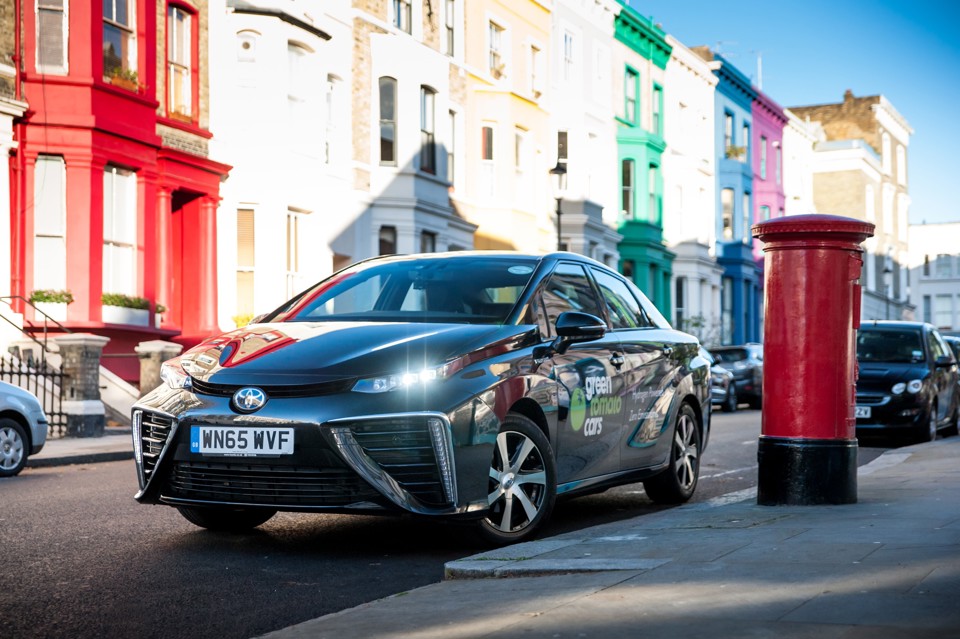



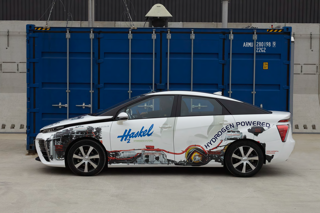
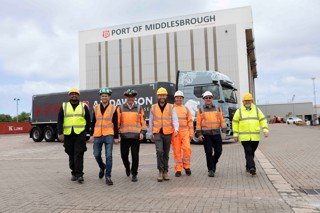

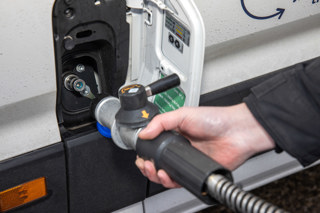
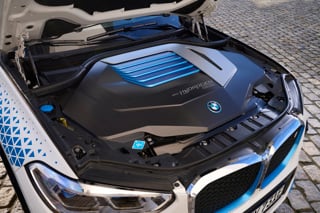











Login to comment
Comments
No comments have been made yet.